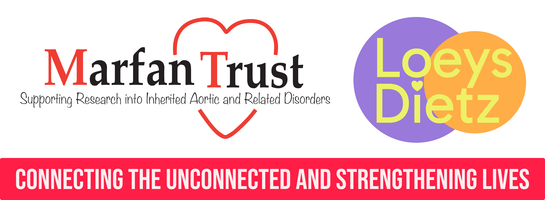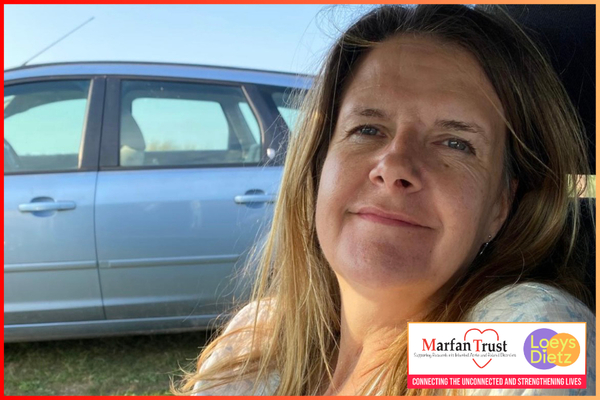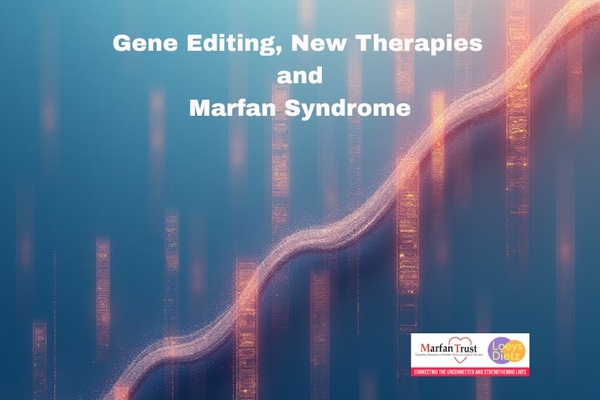During the summer, I embarked on a research project focusing on the psychological impact of Marfan syndrome on families. This endeavour led to the creation of a structured questionnaire, which was subsequently distributed internally to families registered with the Marfan Trust. We received a notable and substantial response, totalling 108 completed surveys.
This influx of data yielded meaningful insights into the utilisation of available resources and the emotional experiences accompanying the diagnosis of Marfan syndrome. In addition, I undertook the task of crafting informative pamphlets, distinctively tailored for parents and healthcare providers. These pamphlets direct individuals to a comprehensive array of resources within the Marfan community.
Analysis of the survey responses unveiled a pertinent finding: while resources were indeed accessible, a significant proportion—approximately 58% of families—remained unaware of, or did not fully engage with, support groups. For those who did participate in support groups, their experiences underscored the pivotal role these groups play in achieving and maintaining their mental health, acquiring practical tips, and fostering a sense of community.
The cornerstone of my research was centred on the application of the biopsychosocial model, a comprehensive framework widely used when making clinical decisions as it addresses many aspects of a patient’s well-being. This model examines biological, psychological, and social factors. Our findings illuminated the substantial emotional, financial, and physical burden borne by caregivers. Many parents expressed sentiments of guilt and self-blame, emphasising the necessity for psychoeducational interventions to mitigate these emotions. Anxiety stemming from the inherent uncertainty of the future emerged as a recurring theme, underscoring the profound impact of these complex emotions. Coping strategies encompass participation in support groups, engagement in psychotherapy, and a deliberate effort to focus on manageable aspects, such as being able to advocate for your child.
It is noteworthy that the repercussions of grappling with a chronic illness extend beyond the individual patient and encompass the entire family unit. This can manifest as heightened tension within the family's social dynamics as there is added stress such as dealing with medication. To navigate these challenges, it is imperative to harness available support avenues, including charitable organisations, support groups, online forums, and healthcare providers.
A central conclusion arising from this research is the pressing need for heightened awareness concerning readily available support services. Achieving this objective necessitates a multifaceted approach, including the provision of tailored activities for parents to engage their children in, as well as clear signposting of available support resources. This can be accomplished through educating healthcare professionals, parents, and caregivers.









